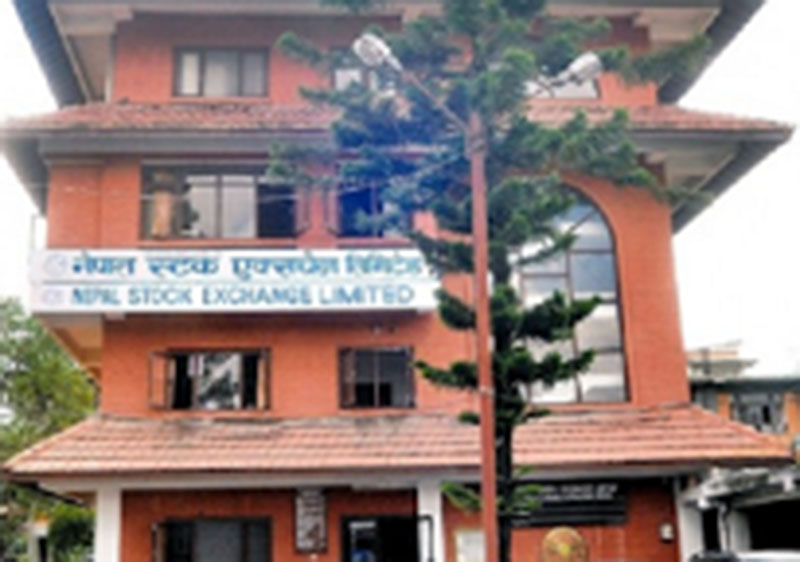Daily turnover at Nepse up 10 times in five years
Kathmandu, September 4
The average daily share turnover at Nepal Stock Exchange (Nepse) has skyrocketed in the last five years. Daily turnover in the secondary market on an average in the last half decade has jumped by nearly 10 times.
The daily average turnover touched Rs 890.38 million in fiscal year 2016-17, which stood at Rs 93.08 million in fiscal year 2012-13.
According to data maintained by Nepse, daily turnover jumped substantially in fiscal year 2013-14 to Rs 336.75 million. “After the election for the second Constituent Assembly was over and a government headed by Sushil Koirala was formed, the average turnover along with the Nepse index increased quite significantly,” Murahari Parajuli, spokesperson for Nepse, said.
However, the devastating earthquake of April 2015 had an adverse impact on the stock market and the daily average turnover declined to Rs 302.89 million in fiscal 2014-15. “The market remained closed for 19 trading days, which directly affected the daily turnover in that year,” Parajuli informed.
After the Securities Board of Nepal (SEBON) and Nepse took the initiative to fully implement the dematerialisation system for share trading from February 2016, it helped boost the turnover in fiscal 2015-16. Daily turnover in fiscal 2015-16 touched Rs 703.68 million, which was more than double the amount of the previous fiscal.
“Introducing the dematerialisation system played a significant role in developing the capital market. It not only increased the turnover but the market also became more systematised,” said Parajuli. SEBON then had directed Nepse and CDSC to introduce a compulsory provision of dematerialisation of shares for trading in the market that is being fully implemented currently.
“Positive political environment and systemic changes are the major causes of the increase in daily turnover in the secondary market,” he said.
According to Nepse, share trading after dematerialisation has reached nearly Rs two billion in a day, which would not have been possible if the paper-based system was still in place.
Niraj Giri, executive director and spokesperson for SEBON, added that the ease in clearing and settlement process and dematerialisation of transactions are the basic reasons why daily turnover has been rising. “Now, clearing and settlement process has become easier and full dematerialisation is the technical reason for the boost in turnover.”
Giri also informed that currently broker companies have started to transact shares from outside the Kathmandu Valley too, which may further help to increase the turnover in the future. “When the service area is expanded, the flow of shares also increases, which consequently will boost the turnover in the future.”






